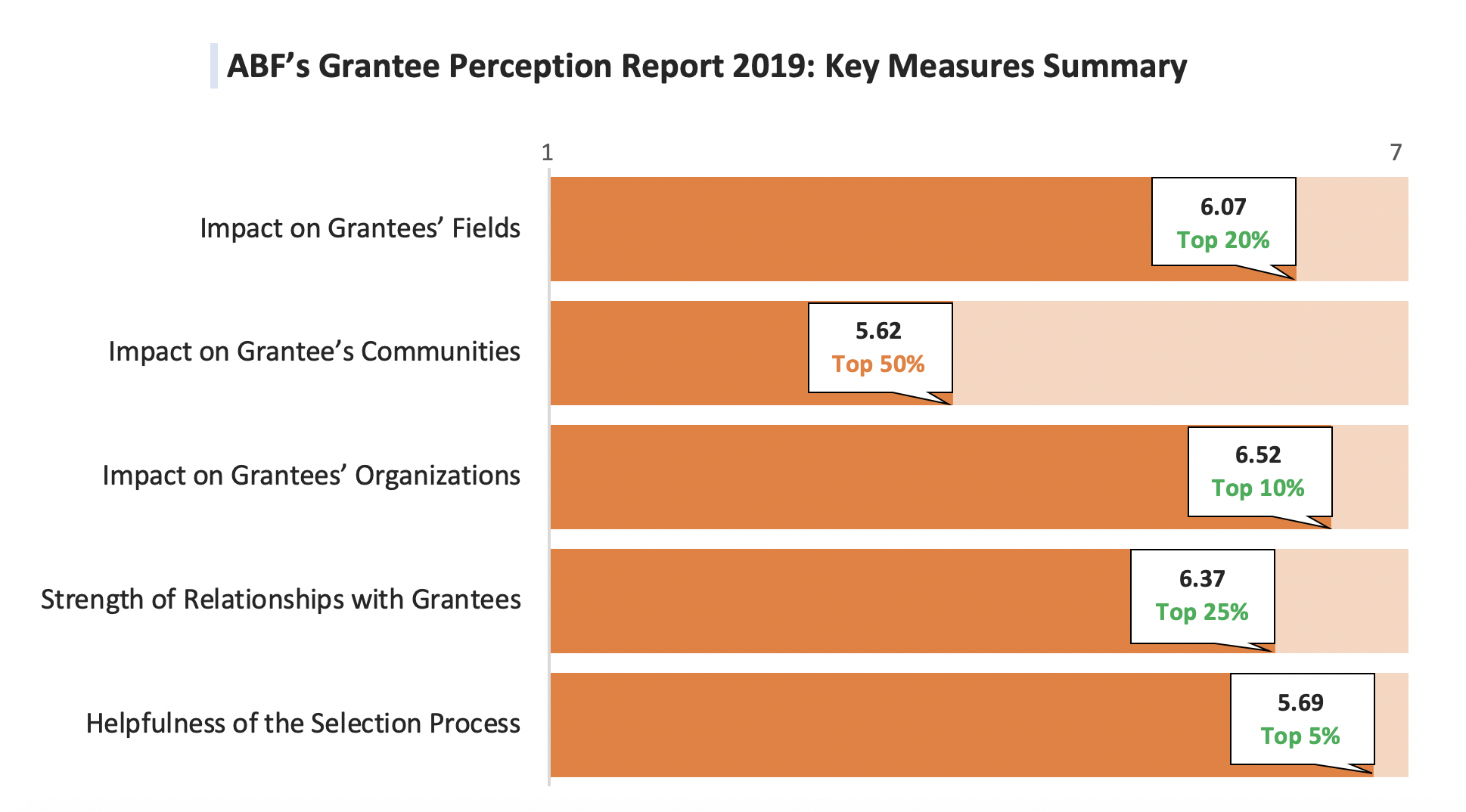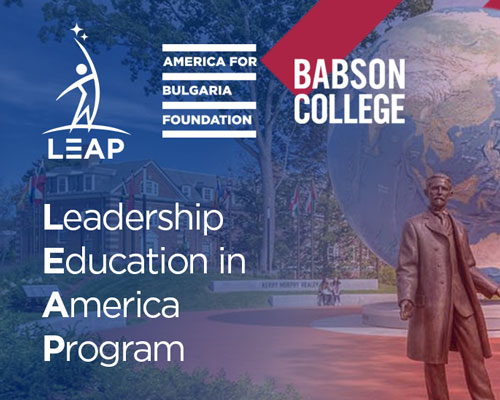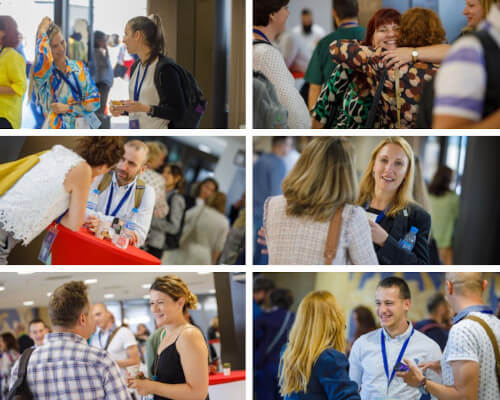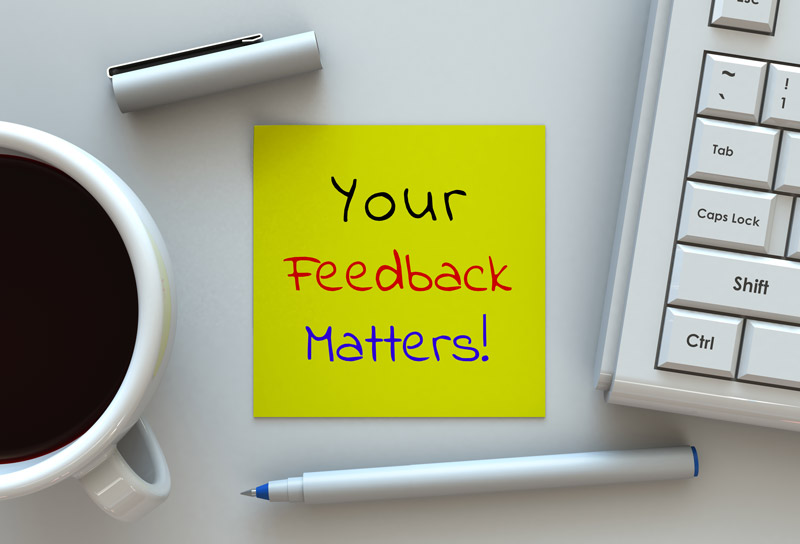 It is a common misconception that if you are giving, you are necessarily doing good or doing it well. In business, your customers will let you know if they don’t like your service or product or if you are not doing something right. But in philanthropy, there’s no such market feedback. And without sufficient information, you might end up investing too many resources in low-impact projects, having the wrong expectations, encouraging ineffective practices, or even thwarting your partners’ progress.
It is a common misconception that if you are giving, you are necessarily doing good or doing it well. In business, your customers will let you know if they don’t like your service or product or if you are not doing something right. But in philanthropy, there’s no such market feedback. And without sufficient information, you might end up investing too many resources in low-impact projects, having the wrong expectations, encouraging ineffective practices, or even thwarting your partners’ progress.
The Center for Effective Philanthropy (CEP) is a consultancy working to help funders like the America for Bulgaria Foundation put their money to the best possible use. We want to be the best partner we can be, so we turned to them to find out what we did well and what we didn’t do so well, and how we could improve our work—in order to assist our partners in bettering theirs.
In February and March 2019, CEP analysts approached 152 ABF grantees and compared us to 300 other foundations worldwide. Their findings offer important lessons for any philanthropic organization interested in enhancing its impact through more effective giving.
Here’s what you can do, too, to make your donation programs more impactful:
Get to know the people you are working with. This doesn’t just mean obtaining a general idea of what they do. It means expending resources to really understand who they are and what they do, including what they are struggling with. This will translate not only in a better funder-grantee relationship but also in more effective giving on your part.
According to the CEP study, ABF understands its partners’ organizations better than 85 percent of funders. We are particularly well aware of the challenges grantees experience, scoring in the top 5 percent of grant-makers.
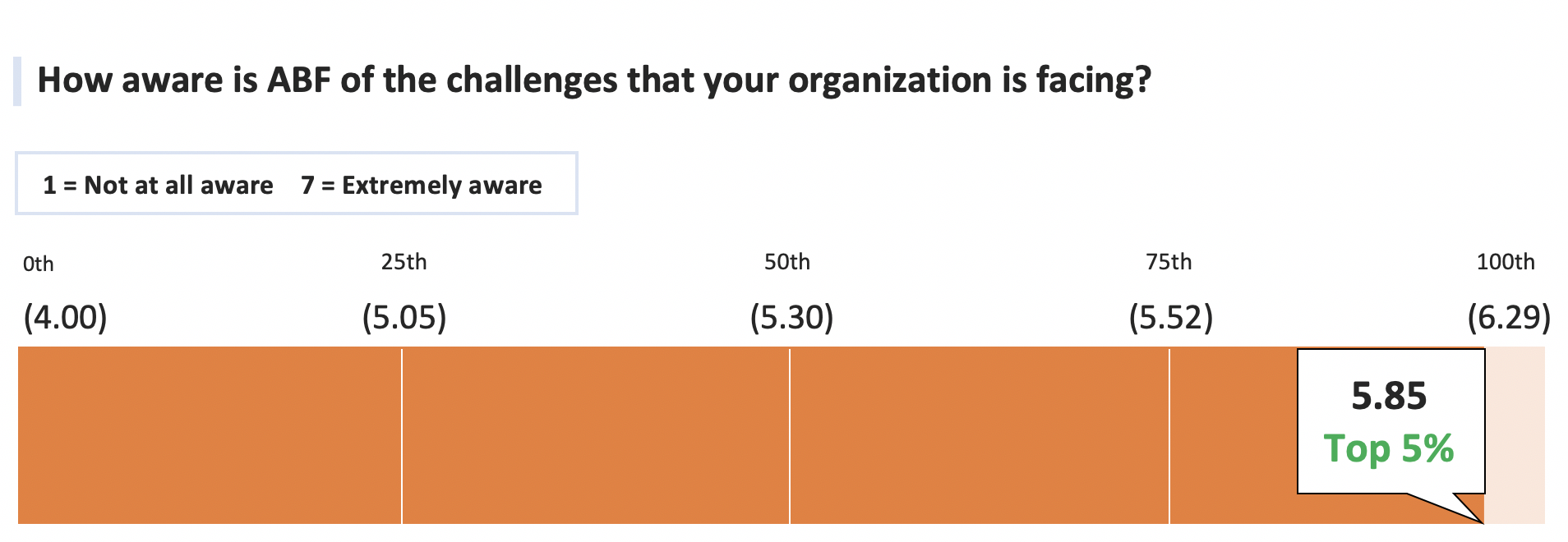
Get to know the field your grantees work in. Understanding the environment in which grantees work, including their communities’ needs, their competitors, and the social, cultural, and economic factors affecting their activities, will help you not only target your funding better but also ensure you are working with the organizations that can deliver maximum impact.
The majority of ABF grantees said that the Foundation understands their fields better than most comparable foundations, and every second grantee thought ABF has a deep impact on their field. Study participants noted that ABF is playing “a very serious role for reforming key thematic areas such as education, access to information… etc.” and that its “impact on the media environment has been critically important.” Another partner wrote: “ABF has been instrumental in bringing new ideas and practices to Bulgaria and demonstrating that these ideas can and do work in Bulgaria given the proper funding and governance.”
Be a responsive partner, not a mere funder. If a grantee’s idea is approved for funding, we will do our best to ensure it succeeds. We do this by being a partner, not just a funding mechanism. This means we will help grantees develop their ideas and provide additional support during implementation as well.
We take pride in being approachable and in having frequent and respectful communication with grantees. This builds a positive relationship and makes grantees feel like the valued partners that they are.
Grantees commended ABF for providing planning advice, project management assistance, insight on their fields, additional training and seminars, and introduction to leaders in grantees’ fields. We are particularly thrilled to have received one of the highest comparative ratings for the level of comfort grantees feel approaching staff: we are in the top 5 percent of the funders in CEP’s dataset.

Be as transparent as possible. Transparency determines how strong funders’ relationship with grantees will be. This is why we convey to grantees our reasoning for the decisions we make and encourage feedback on how we approach our work. Our partners gave us a better transparency rating than 87 percent of comparable foundations.

Cut down on the bureaucracy. Transparent processes and clear requirements are vital in grant-making, but so is flexibility and adaptability. Reporting should not be about ticking boxes, filling out all text fields, and pushing paperwork, but about demonstrating results. Although we stand to improve in this regard, our partners said ABF is more adaptable and relevant than most. One grantee wrote that, “as regards internal procedures, I believe that the Foundation is exceptionally flexible and results-driven.”
Connect like-minded organizations. “Owing to ABF, we reached many organizations in Bulgaria which we did not know before and felt that we are part of a community,” one grantee stated. This captures precisely what ABF is trying to do in grantees’ fields—encourage partnerships and synergy to optimize impact. By pooling capacity and resources, grantees can create more impactful programs. Moreover, collaboration across fields ensures knowledge exchange and expands grantees’ social networks.
Listen to your grantees. It may sound like a no-brainer, but you should apply the same rigor to examining your own performance as you do your grantees’, and one of the best sources of feedback is grantees. Our partners’ honest feedback helped identify the areas where we need to focus our efforts. We take their assessments seriously and will endeavor to make the necessary changes.
